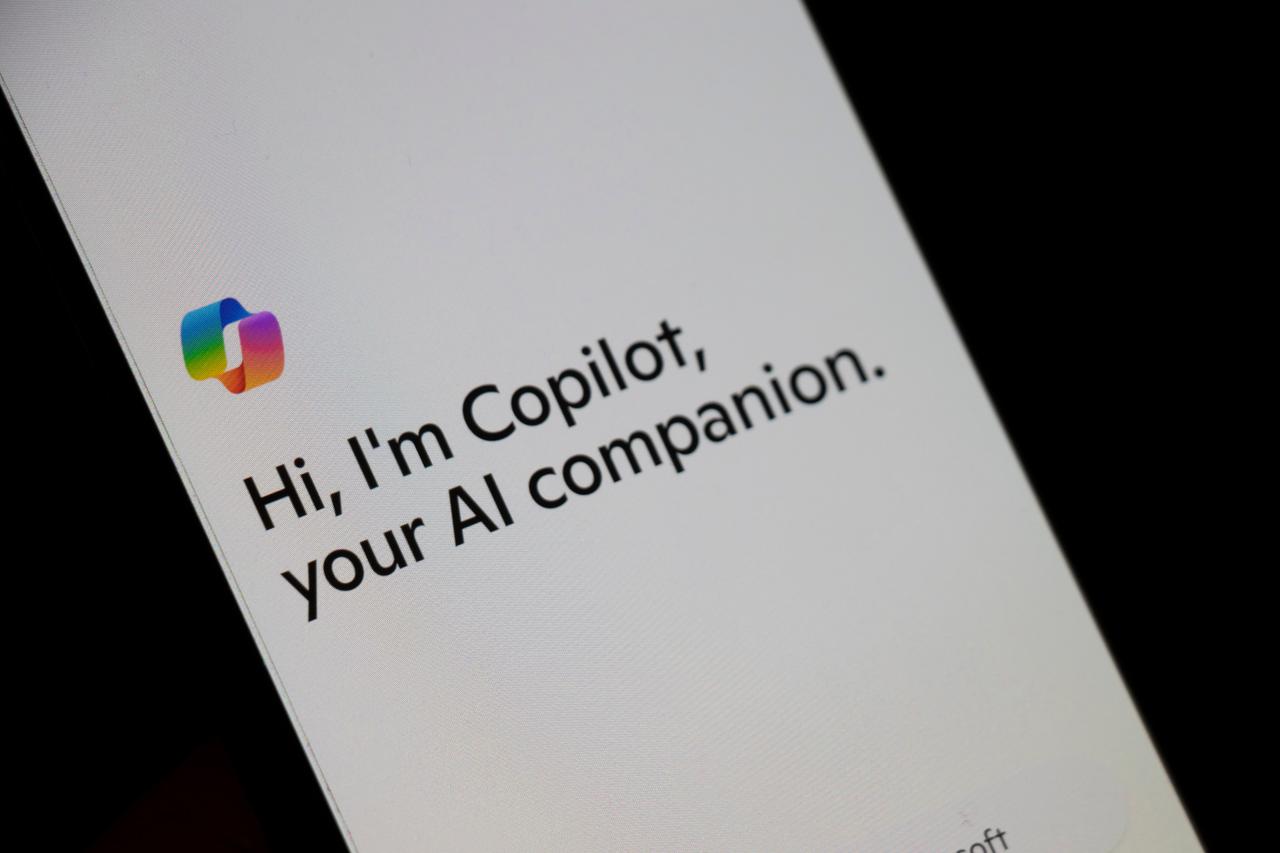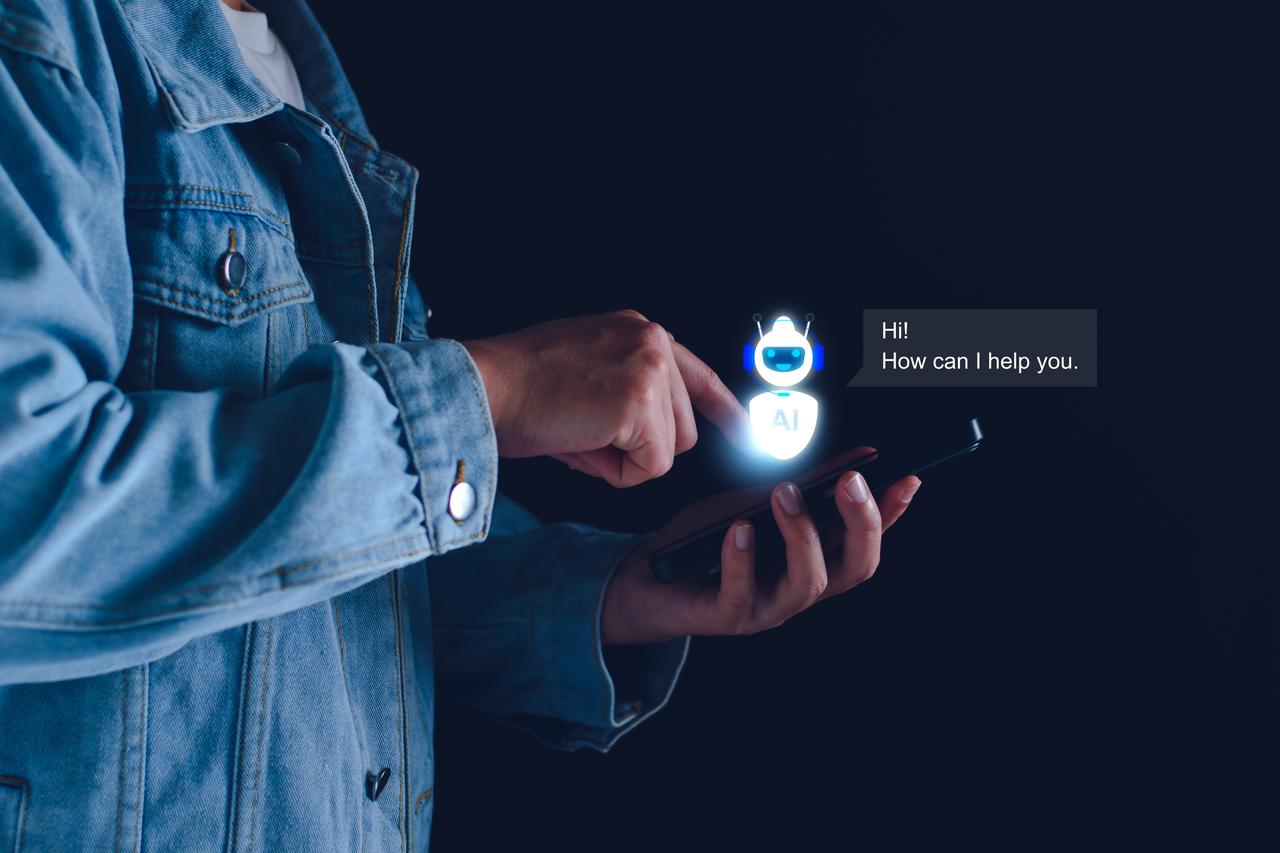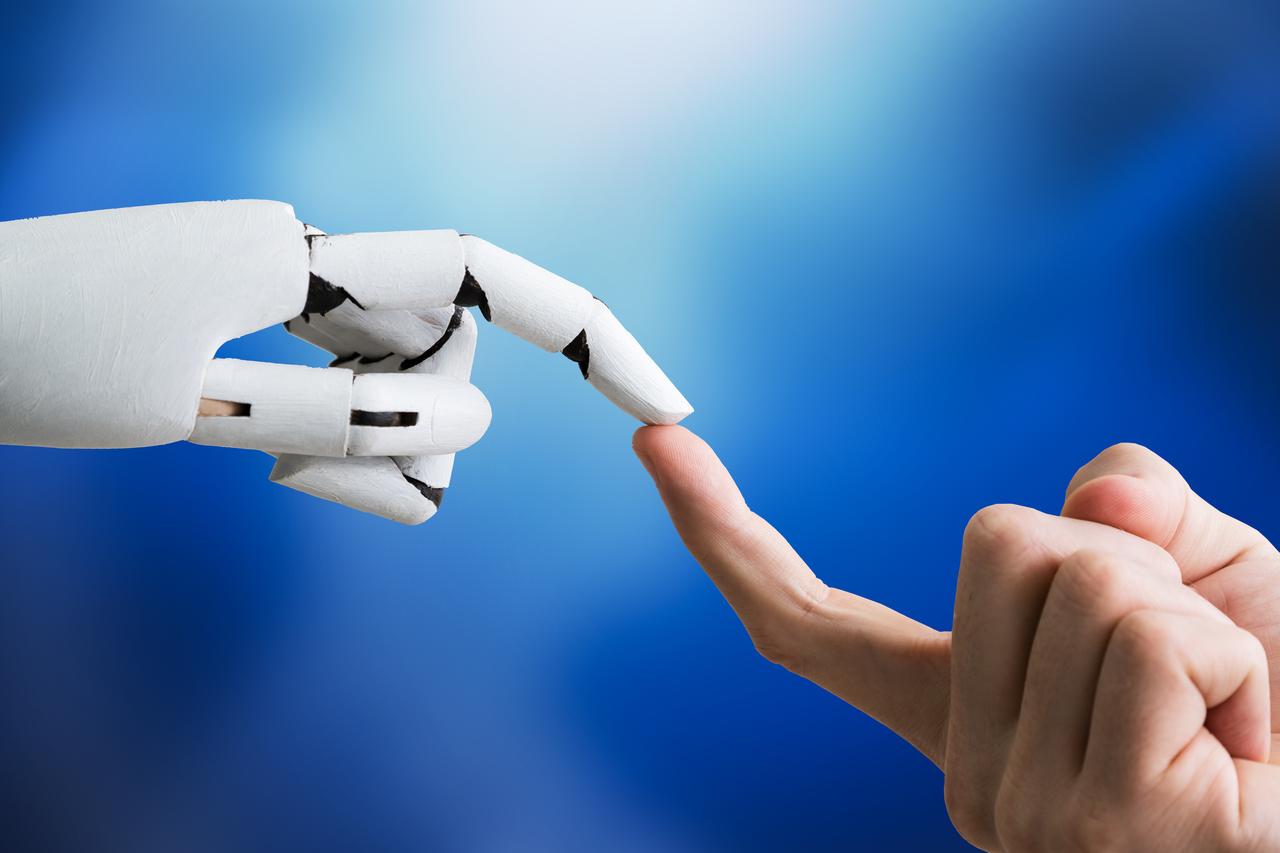
Once a niche concept, the rapid emergence of AI companions is swiftly becoming a mainstream phenomenon, offering a new dimension of emotional support and personalized engagement. Their core appeal lies in their ability to provide a consistent, non-judgmental presence, addressing a growing societal need for connection in an increasingly isolated world.
Films like "Her" (2013) and "Blade Runner 2049" (2017) have showcased this phenomenon as a sci-fi fantasy. However, AI companionship has now evolved into a real, growing industry. From virtual boyfriends and girlfriends to best friends and life coaches, these bots are not only becoming more humanlike—they’re becoming more common. But why?
The market for AI companionship is experiencing explosive growth that may rival the global gaming or social media industries in scale. This rise is largely driven by younger demographics, particularly Gen Z and Millennials, who view AI companionship as a necessity.
AI companions are digital entities, often represented through avatars or chat interfaces, powered by advanced language models and machine learning algorithms. These digital personas are meticulously designed to exhibit empathy and proactively engage users through various communication modalities, including text, voice notes, and images.

Some exist as purely text-based bots (like Replika or Character.AI), while others take form in virtual environments, augmented reality, or robotic bodies, for example, Gatebox's virtual wife or China's Xiaoice.
Unlike traditional virtual assistants like Siri or Alexa, AI companions are designed to be emotionally intelligent. They remember conversations, simulate empathy, and adapt to users’ emotional states. This makes them capable of forging pseudo-relationships that often feel deeply personal.
1. Loneliness epidemic
A 2023 World Health Organization report labeled loneliness as a “global public health concern,” especially among Gen Z and elderly populations. Factors like urbanization, remote work, and digital overstimulation have left many people feeling isolated.

Unlike human relationships, AI companions offer a 24/7 emotional outlet. They are nonjudgmental, always available, and tailored to individual needs, making them highly appealing for people struggling to connect with others.
2. Generative AI advancements
Machines can now have meaningful, flowing conversations thanks to the increase of generative AI models like GPT-4 and beyond. By simulating humor, affection, curiosity, and even philosophical thought, these models can strengthen the illusion of consciousness.
As tech companies invest more in emotional AI and personalization, the line between a chatbot and a confidant continues to blur.
3. Emotional safety and customization
Emotions in human relationships are messy, erratic, and occasionally harmful. In comparison, AI partners are secure. They can be set up to always listen, steer clear of conflict, acknowledge emotions, and follow the user's preferred communication style.

When it comes to customization, the options are endless. If you want someone to regularly check on your mental health, or motivate you to go to the gym, or even help plan your diet and eating arrangement, it is possible with AI companions.
4. Romantic exploration
Intimacy can now be explored with AI partners without the stigma or strain of conventional relationships. Apps like Anima, Replika, and Soulmate AI now include NSFW features, romantic scenarios, and even memory modules that allow bots to "grow" with the user. For some, AI romance isn’t just a novelty—it’s a preferred reality.

While AI companions can reduce loneliness, support mental health, and offer comfort, they raise important ethical and psychological questions. Can a relationship with a non-conscious entity be considered real or healthy? AI companions know your secrets, traumas, preferences—who owns that data? Will people begin to replace human relationships with bots, or will they use them as supplements to enhance social well-being?
Psychologists remain divided. Some argue that digital companionship might dull social skills or increase isolation in the long run. Others believe it can be therapeutic, especially for people on the autism spectrum, the elderly, or those recovering from trauma.